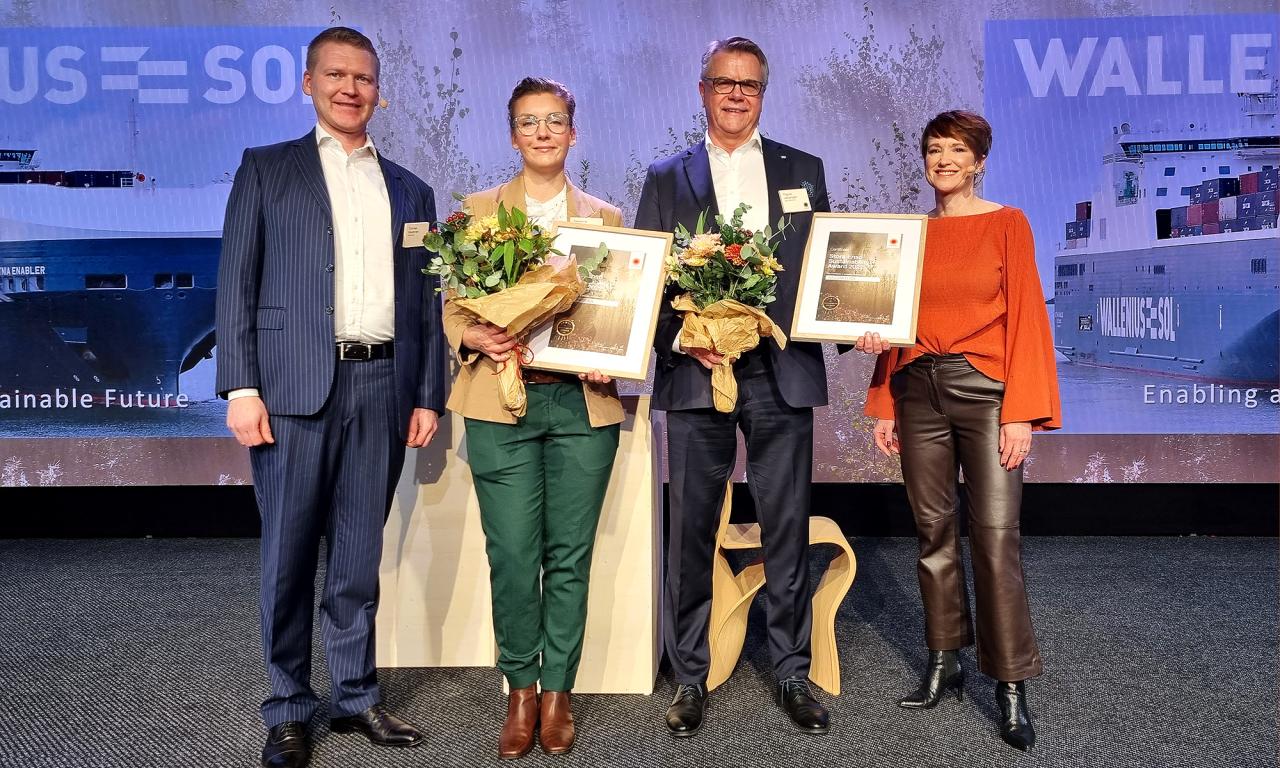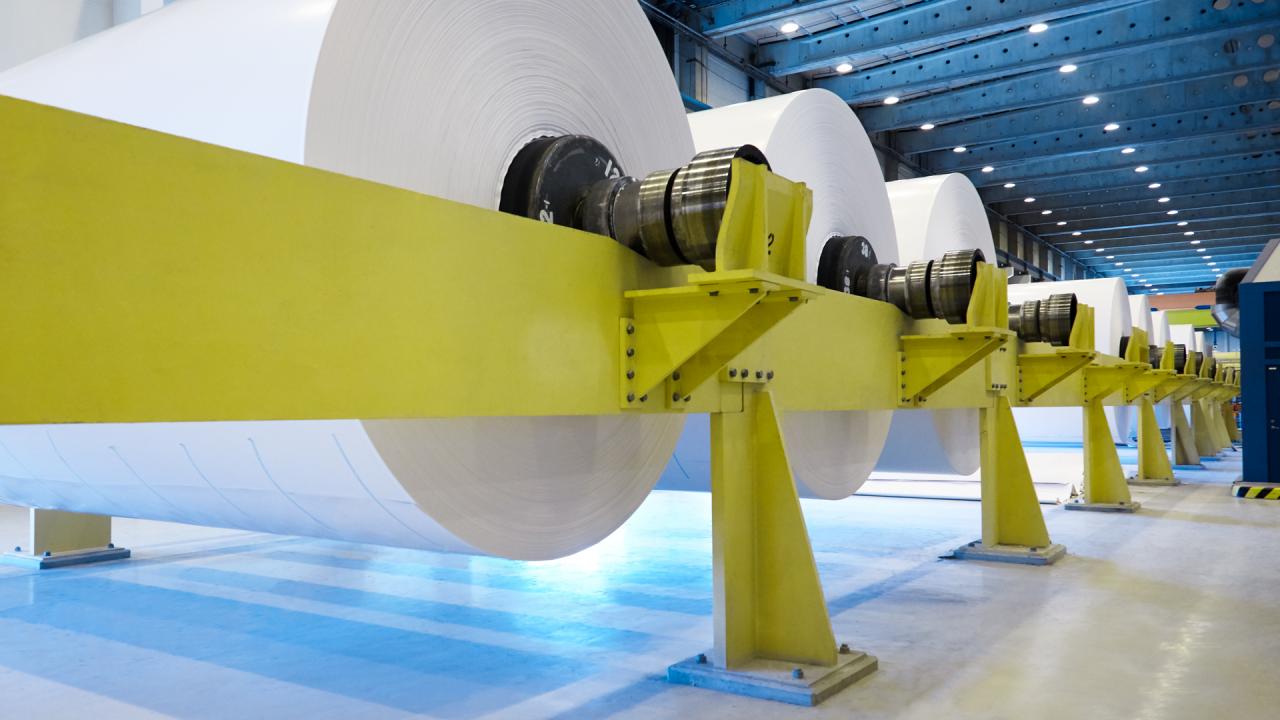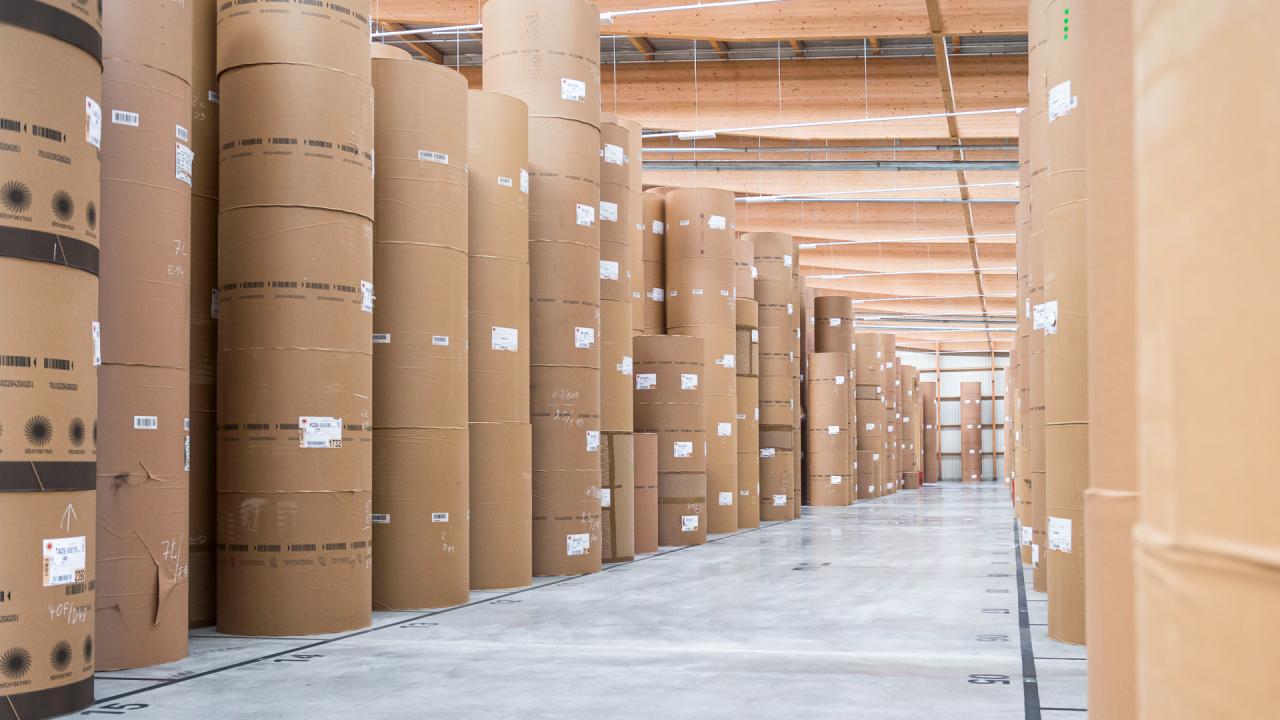Investing in the future of forestry
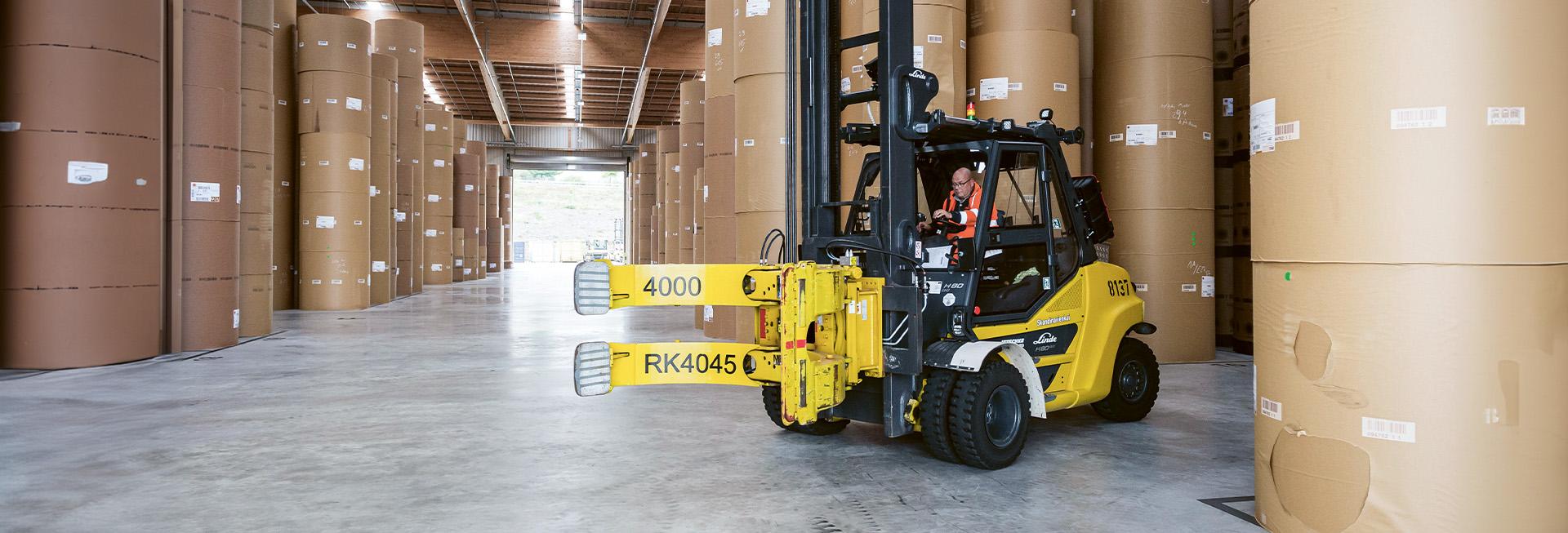
Through long-term partnerships, WALLENIUS SOL can ensure that the customer's specific needs and ambitions are met. Two highly-valued customers explain how tailor-made shipping solutions contribute to their efficiency and sustainability.
Niklas Fahlén is responsible for logistics at Stora Enso, a leading producer of solutions based on wood and biomass and one of the world’s oldest companies.
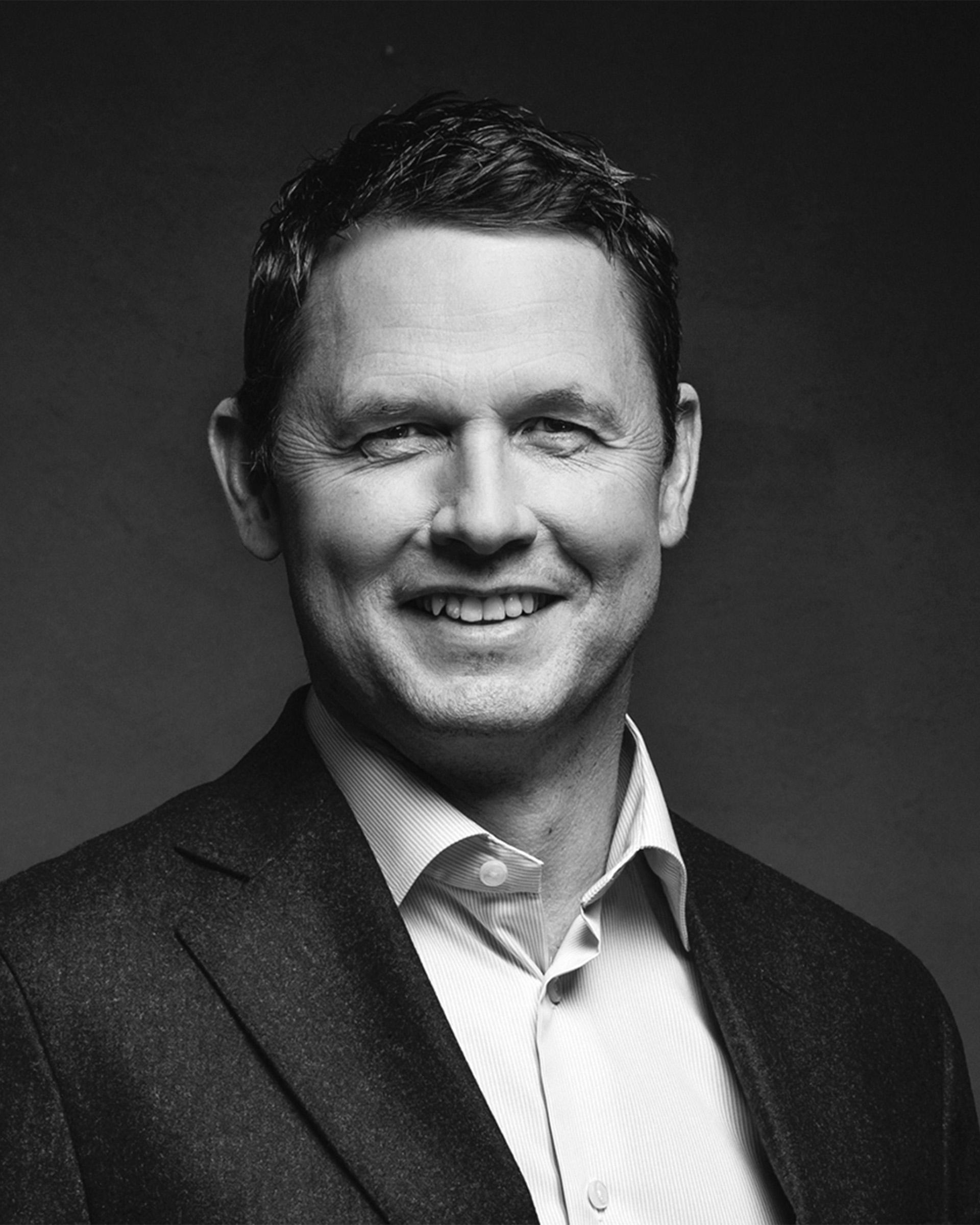
As governments and businesses seek to limit consumption of non-renewable resources, demand for Stora Enso’s products is rapidly increasing.
“Many countries are introducing bans on single-use plastics and significant changes are being made in the packaging and food industries. We aim to replace the use of non-sustainable materials with products that are recyclable, renewable and bio-degradable.”
“The origin of our business goes back to the 13th century. We’ve been in forestry for a long time and operate, primarily, in Finland and Sweden, with facilities in Poland, Belgium, the Baltics, Austria and the Czech Republic”
Stora Enso invests in sustainable packaging
Stora Enso is investing around one billion euros in increasing its production of sustainable packaging.
“A decade ago, most of our revenue came from supplying paper to the printing industry but we’ve been systematically restructuring to manufacture packaging products. At Oulu Mill in Uleåborg, the conversion investment began three years ago and we’re now converting a second machine. This will increase our annual production capacity of packaging board to 750,000 tonnes, more than doubling volumes.”
As well as supplying sustainable products, the company aims to reduce its overall environmental impact.
“We’ve signed up to the Science Based Targets initiative and are committed to reducing CO2 emissions by 50 percent, between 2019 and 2030, both within the company and throughout our supply chain.”
Sustainability throughout the supply chain
Stora Enso has a long-term agreement with WALLENIUS SOL that helps achieve this goal.
“We manufacture around the clock and need a highly-efficient system that ensures a constant flow of products to the major ports and logistics hubs in Europe. If our supply chain is disrupted, our operations will quickly grind to a halt.”
In collaboration, we’re more competitive.”
WALLENIUS SOL have made a commitment that is backed up by major investment.
As part of the agreement, WALLENIUS SOL have taken over Stora Enso’s fleet and are systematically replacing it with vessels that run on LNG, instead of heavy fuel oil, significantly reducing CO2 emissions.
“Our sustainability targets are very important to us and they include reducing emissions in our supply chain. Our products may be sustainable but we can’t afford to compromise on logistics. WALLENIUS SOL deliver on sustainability, capacity and reliability. In collaboration, we’re more competitive.”
In 2022, WALLENIUS SOL won a Stora Enso sustainability award, in recognition of their concrete contributions to reducing the company’s emissions.
“We’re both in this for the long run and WALLENIUS SOL are making genuinely sustainable investments, Niklas concludes.”
Metsä Group makes record-breaking investments
Marko Korhonen is VP of maritime logistics at Metsä Group, another major customer in the Nordic forestry industry. Metsä sees promoting the bioeconomy and circular economy as a vital part of its business.
“Sustainability and industrial efficiency lie at the core of our operations. Wood products offer long-term carbon storage for the construction industry, while our pulp and other bioproducts provide sustainable raw materials for the manufacturing sector. Supplying lightweight and strong packaging boards offers our customers renewable alternatives to plastics.”
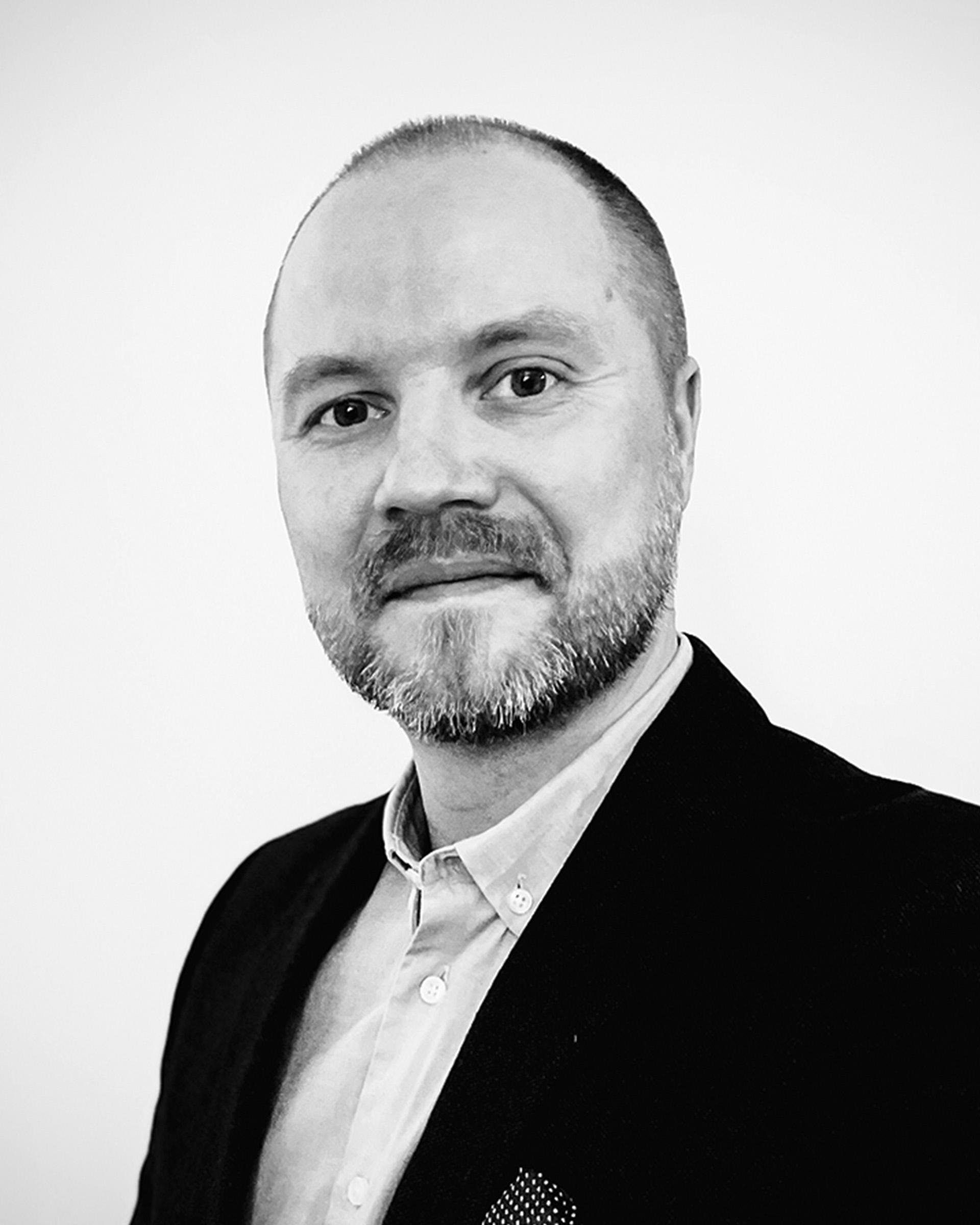
Since 2015, Metsä has invested nearly seven billion euros in manufacturing products from renewable, biological resources, the largest single investment in the history of the Finnish forestry industry. The company also aims to produce two terawatt hours of electricity per year from renewable sources, approximately 2.5 percent of Finland's total production.
“Being a frontrunner requires investment. We’re currently building a state-of-the-art sawmill in Rauma and a next-generation bioproduction facility in Kemi. In Sweden, we’re renewing the Husum pulp mill and increasing our folding boxboard capacity.”
Metsä’s goals include the use of fossil-free energy sources, a totally sustainable supply chain and reducing carbon dioxide emissions caused by logistics. It sees its investments in sustainability as win-win opportunities.
“All our investments seek to maximise efficiency and sustainability. The bioproduction facility in Kemi will lead the way in energy and production efficiency, as well as environmental benefits. It will consume no fossil fuels and generate 2.5 times as much energy as it consumes. In addition, it will increase Finland's annual exports by half a billion euros and employ 2,500 people.”
Having WALLENIUS SOL as a partner offers us a shipping solution that reduces our overall environmental impact.”
Line service from Kemi contributes to reduced environmental impact
Their long-term agreement with WALLENIUS SOL has increased the frequency, reliability and sustainability of Metsä’s logistics solution. It also allows shipping direct from their home port in Kemi.
“As we’re located in the north of Sweden and Finland, we require efficient and sustainable long-distance transportation to our wide-spread customer base. Having WALLENIUS SOL as a partner offers us a shipping solution that reduces our overall environmental impact. They have invested in new vessels that are cleaner, more fuel efficient and enable the transportation of significantly more cargo. This is a major contribution to achieving our sustainability targets, says Marko.”

